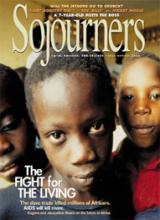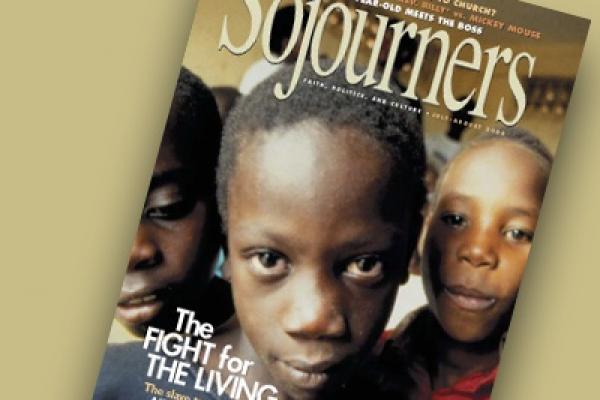Since the start of the epidemic, an estimated 34 million Africans have been infected with HIV/AIDS - a number nearly equivalent to the size of our own country's African-American population. Some 11.5 million of these people have died, a quarter of them children.
There are medicines that could prolong the lives of Africans, but they are available only to a small minority - these pharmaceuticals are reserved for the rich and the developed world. "Triple therapy," the combination of antiretroviral drugs that has cut AIDS mortality by 60 percent in the West, is virtually unaffordable in Africa.
Bernard Lemoine, director-general of France's pharmaceutical industry association, is not particularly sympathetic to the voices calling on his industry to aid the pandemic's victims. "I don't see why special effort should be demanded from the pharmaceutical industry. Nobody asks Renault to give cars to people who haven't got one," said Lemoine.
Five pharmaceutical companies announced in May that they will drastically reduce the price they charge for AIDS drugs used in developing countries. It's a positive step, if they follow through, but the industry has much to make up for. In 1998, more than 40 pharmaceutical companies operating in South Africa and the country's pharmaceutical manufacturers association filed a legal challenge to block the manufacture of cheaper generic drugs. According to James Love, director of the Consumer Project on Technology, "For decades, the U.S. government has advanced the interests of large pharmaceutical companies in its trade policy...[and] the commercial interests of companies like Merck, Bristol-Myers Squibb, [and] Pfizer."
Read the Full Article

